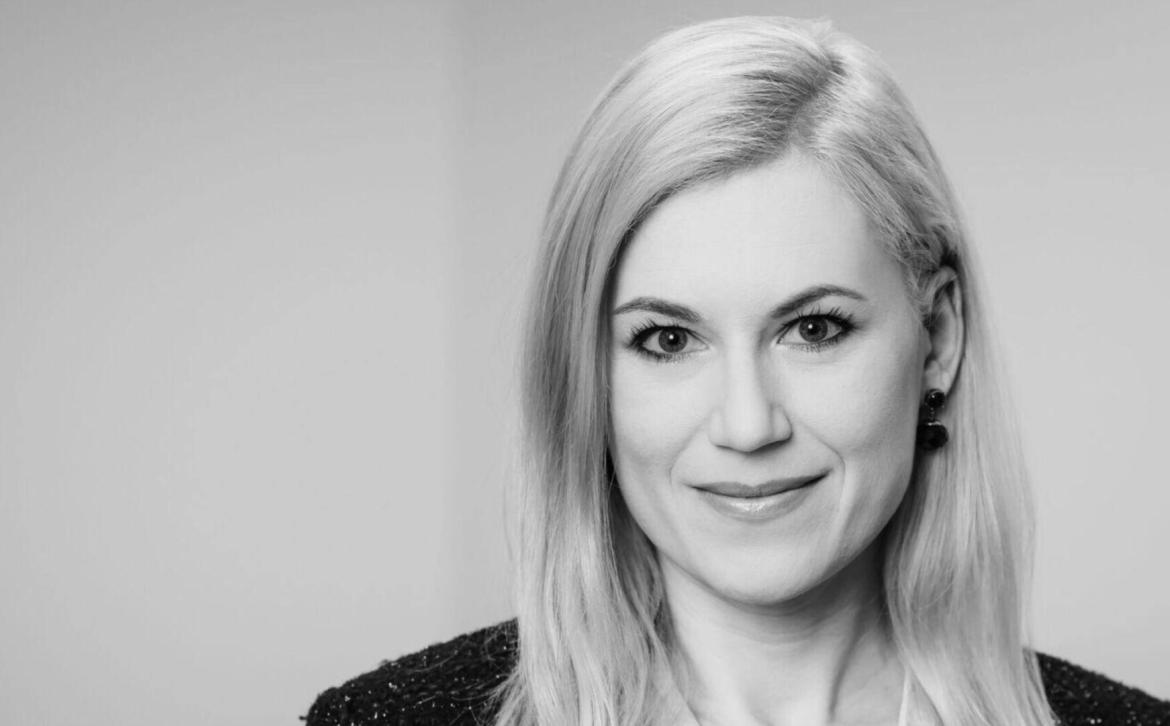Artificial intelligence is increasingly being used to generate necessary content in business, offering the advantage of quick results at lower costs. This allows for the incorporation of artificial intelligence in the marketing and advertising of products. However, from the perspective of an artificial intelligence platform user, it is essential to ensure that the copyright of images, text, videos, or sheet music generated using generative artificial intelligence tools belongs to them.

Additionally, when using artificial intelligence-based tools, designers, like representatives of any other field, are interested in being able to use the material created with this technology without fear of infringing on someone's rights and facing legal claims.
Jurisprudential debates revolve around whether material created using artificial intelligence can be considered copyright-protected work at all and who should be considered the author in such cases. Discussions range from attributing copyright to the software programmer to considering whether artificial intelligence should be granted separate legal subject status and be considered the author.
Currently, most European countries adhere to the classic concept of copyright protection originating from the Berne Convention for the Protection of Literary and Artistic Works (1886). This concept defines an author as a physical person, meaning a human being. In other words, the emphasis is on protecting human creativity, not artificial intelligence creativity.
The creative input that a user of artificial intelligence tools provides and that can be considered worthy of copyright protection includes, for example, the prompt text that the user inputs and that the artificial intelligence uses as a basis for completing tasks, provided that the text used as the prompt is the user's own creation. User creative input can also involve further processing of material created with artificial intelligence, such as image editing in other programs or manual work involving colors, techniques, adding or removing elements from an image, and more.
In practice, users of generative artificial intelligence-based programs need to familiarize themselves with the platform's terms of use, which usually include clauses related to intellectual property. Many platform terms acknowledge the user's rights to what they create. However, it's important to be attentive because the terms may contain different nuances. For example, Midjourney affirms that the rights to the created material belong to the user when it's created in accordance with their terms of use. They also assure that the user's rights to the material will persist even if the user's membership level decreases or ends. However, exceptions and limitations are foreseen regarding the rights that users acquire based on their membership level.
It's important to note that when using platforms like Midjourney, the user automatically grants Midjourney an unlimited license for using both the work created through the platform and the prompts provided by the user. The license granted to the platform is perpetual, worldwide, non-exclusive, with sublicensing rights, free, and without the ability to revoke or cancel it. Midjourney describes itself as an open community, which means that other Midjourney users can also use and modify the work created by other users. Users can limit the sharing of their work by purchasing a higher membership level.
As seen, the rights of users of generative artificial intelligence-based platforms regarding the created material depend on various nuances. To avoid conflicts with the platform's terms, users should carefully consider the intended use and scope of the material, including whether it's for commercial or non-commercial purposes.
Another legally complex issue arises when artificial intelligence platform algorithms process, modify, or add to works protected by copyright without the author's consent and knowledge. Disputes have already arisen worldwide, with creators and authors accusing AI platforms of infringing on their intellectual property. Copyright regulation assumes that authors have personal and economic rights to their works, and others can generally use the work with the author's prior consent and for a fee. When artificial intelligence platforms' algorithms process or modify works protected by copyright without the authors' consent or knowledge, questions arise about the legality of such actions. Authors whose rights are violated can file claims against both the platforms and their users.
For instance, in cases of copyright infringement, it is legally possible for an author to demand that a user of an artificial intelligence platform cease using an advertising image generated by artificial intelligence. To address such situations, platforms limit their liability towards users with special clauses. For example, in the terms of Midjourney, it is warned that Midjourney does not provide any assurances or guarantees and advises users to consult with a lawyer.